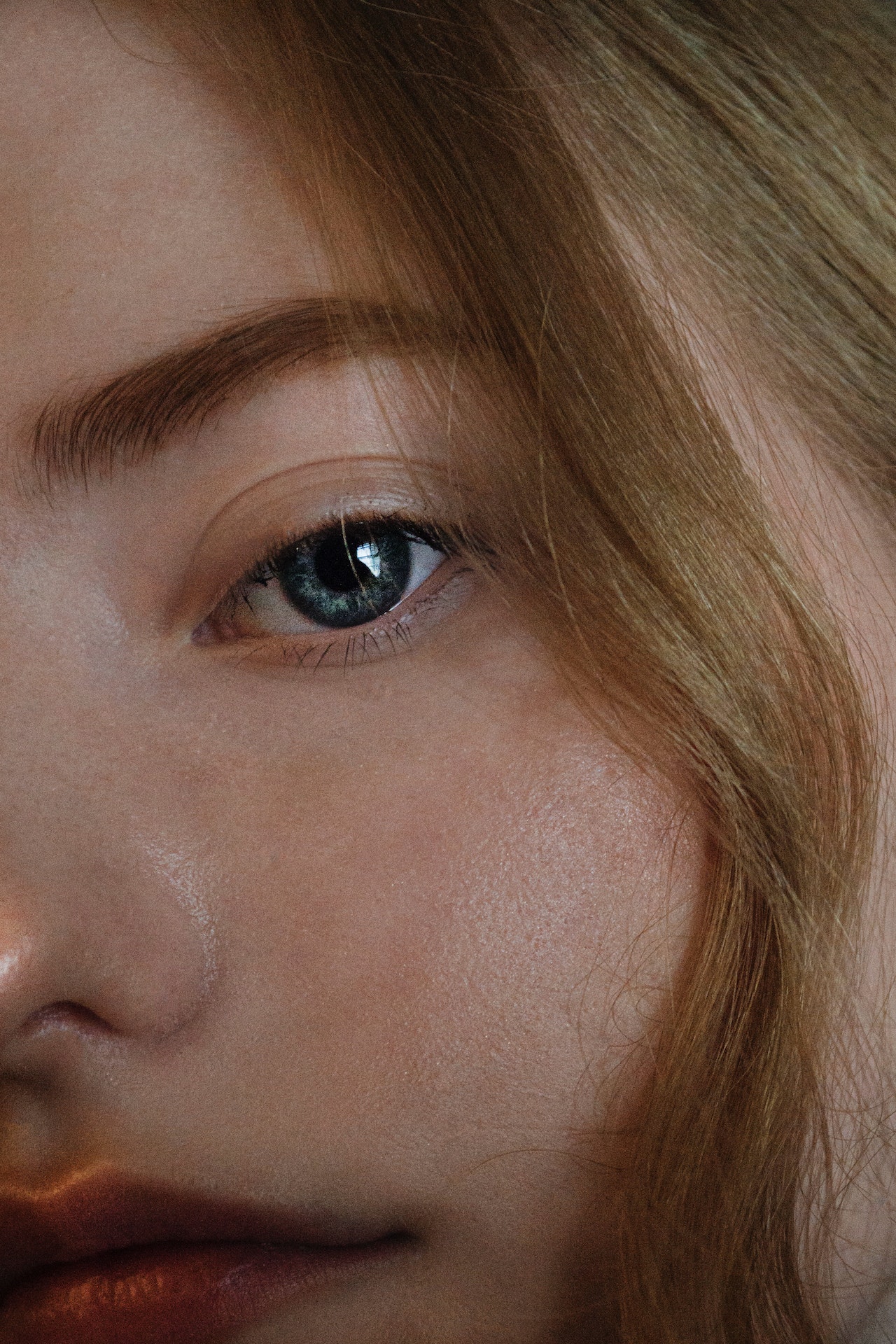Have you ever noticed when you’re looking into someone’s eyes that they seem to become larger and darker? This is a phenomenon known as pupil dilation. It is caused by an increase in the size of the pupils, or the black circles in the center of each eye. While this often occurs naturally, it can also be triggered by certain things. In this blog post, we will discuss what this means and why it happens. From physical arousal to medical conditions, read on to learn more about why your eyes may be dilating.
What is dilation?
Dilation is the process of making something wider or more open. In the context of eyes, dilation refers to the widening of the pupil. The pupil is the black circle at the center of the eye that regulates how much light enters the eye. When the pupil dilates, it becomes wider and allows more light to enter the eye.
There are a few different reasons why someone’s pupils might dilate. One reason is due to changes in lighting. For example, if you walk from a bright room into a dark room, your pupils will automatically dilate in order to let more light into your eyes so that you can see better.
Pupil dilation can also be a side effect of certain medications, like antihistamines or antidepressants. It can also be caused by illicit drugs, like stimulants or hallucinogens. In some cases, dilation can be a sign of an underlying medical condition, like an autonomic nervous system disorder or glaucoma.
If your pupils are dilated and you’re not sure why, it’s important to see a doctor so they can rule out any potential underlying causes.
Read More : Sanpaku Eyes
What causes dilation?
There are many potential causes of dilation. One common cause is simply the process of aging. As we age, our pupils dilate less in response to light changes and constrict more slowly than they did when we were young. Other potential causes include certain medical conditions (e.g., an overactive thyroid), certain medications (e.g., some antihistamines and antidepressants), drug use (e.g., marijuana, LSD, MDMA), and eye injuries or diseases (e.g., iritis, uveitis). Sometimes dilation can be a normal physiological response to emotional stress or excitement.
When your eyes dilate, or widen, it is usually a sign that you are interested in what you are seeing. Light entering the eye triggers a reflex that causes the pupil to widen, allowing more light to enter. This happens when you look at something that is bright, or when you are in a dimly lit room and need to adjust to the lack of light. Sometimes emotions can also cause your pupils to dilate.
How long does dilation last?
Dilation is the process of making your pupils larger so that more light can enter your eye. It usually lasts about 20-30 minutes.
Dilation is the process of making the pupil of the eye larger. It can be caused by many things, including bright light, emotions, and certain drugs. The effects of dilation usually last for a few hours.
In some cases, it can last up to 24 hours. It is important to wear sunglasses and limit your exposure to bright light when your pupils are dilated.
What are the benefits of dilation?
When your eyes dilate, or enlarge, it means that more light is entering your eye. This can be beneficial in many situations, such as when you are trying to read in low light or when you are outside on a sunny day. Dilated eyes can also help to reduce eye strain and fatigue.
Are there any risks associated with dilation?
Dilation is the process of making the pupil of the eye larger. It is a completely natural process that happens when the body is exposed to low light conditions or when someone is experiencing strong emotions, such as fear or excitement. Although dilation is a natural process, there are some risks associated with it.
For example, when the pupil dilates, it can cause blurred vision. This is because the pupil is no longer able to focus as well on objects that are close by. Additionally, dilation can also cause sensitivity to light. This means that people who are dilated may find it difficult to be in brightly lit environments and may experience headaches or migraines as a result. Finally, dilation can also lead to dizziness and nausea in some people.
Read More : Sanpaku Eyes
How can I maximize the benefits of dilation?
There are a few things you can do to maximize the benefits of dilation. First, avoid bright lights and sun exposure for at least an hour after your eyes have been dilated. Second, take breaks often if you are doing any activities that require close vision, like reading or using a computer. And finally, try to blink frequently to keep your eyes from getting too dry.
Conclusion
As you can see, when your eyes dilate it is an indication that something has changed in your physical or mental state. Whether the dilation occurs due to increased stress or happiness, it’s important to pay attention to this signal our bodies are sending us. It can be a great way for you to understand more about yourself and the environment around you. Paying attention to minor changes like eye dilation can help us better understand ourselves as well as those we interact with on a daily basis.







Comments